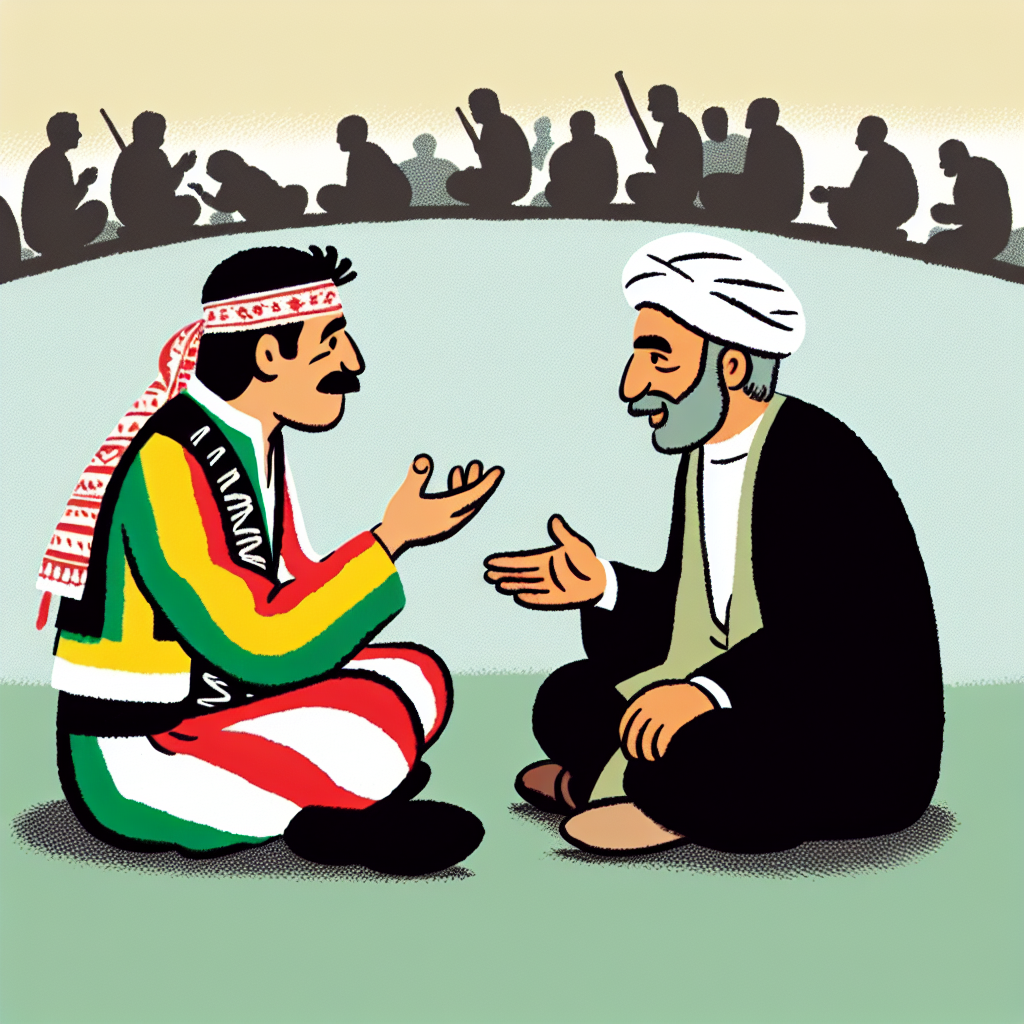Iran's Delicate Nuclear Dance: Balancing Cooperation and Sovereignty
Iran's Foreign Minister Abbas Araqchi announced continued cooperation with the U.N. nuclear watchdog, despite parliamentary restrictions. He emphasized security concerns over bombed nuclear sites. A shift in negotiations focuses on maintaining uranium enrichment rights while excluding defense issues. Tehran seeks assurance against military action in future U.S. talks.

Iran has expressed its intention to maintain cooperation with the U.N. nuclear watchdog, despite parliamentary constraints, as stated by Foreign Minister Abbas Araqchi. However, he raised security concerns related to access to its bombed nuclear sites.
A recent law in Iran requires Supreme National Security Council approval for International Atomic Energy Agency (IAEA) site inspections following Israeli and U.S. bombings. Iran insists its nuclear program remains peaceful, contrary to long-standing Western assertions.
Future negotiations on Iran's nuclear program will depend on cooperation with the IAEA, which recently accused Iran of non-proliferation treaty violations. Araqchi stressed safety for IAEA inspectors and emphasized Iran's right to uranium enrichment, rejecting negotiations involving defense issues, including missiles.
(With inputs from agencies.)









